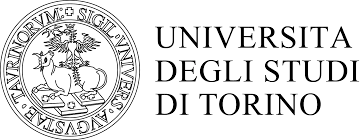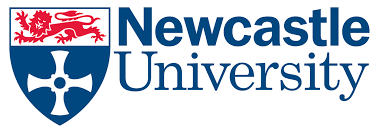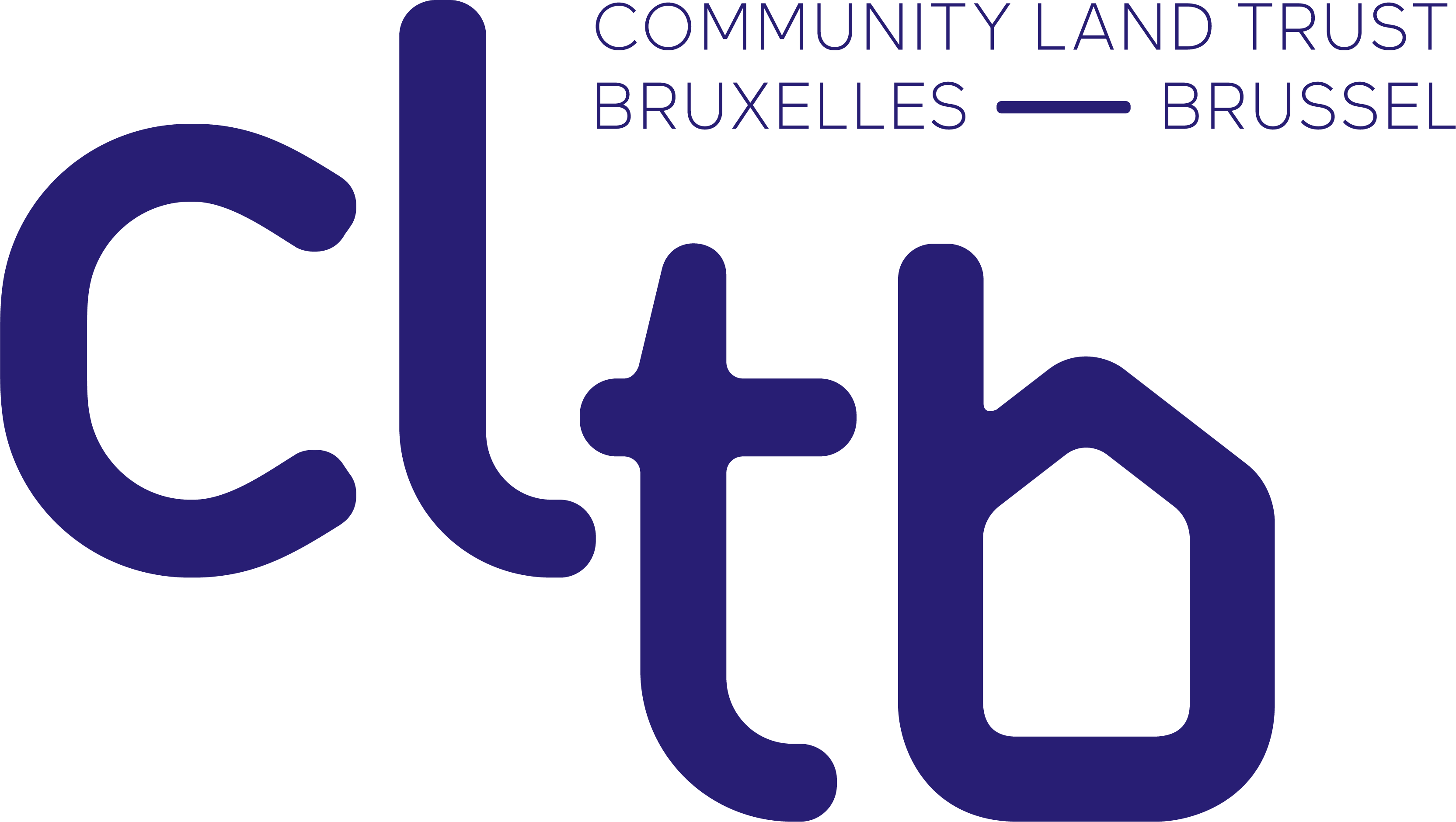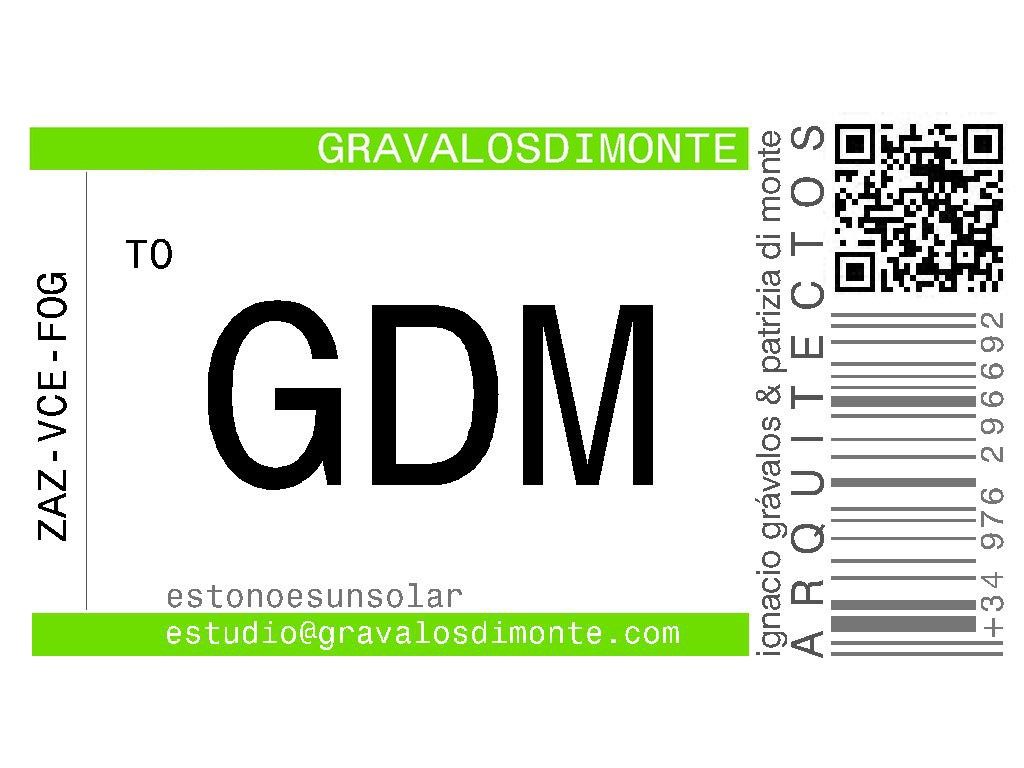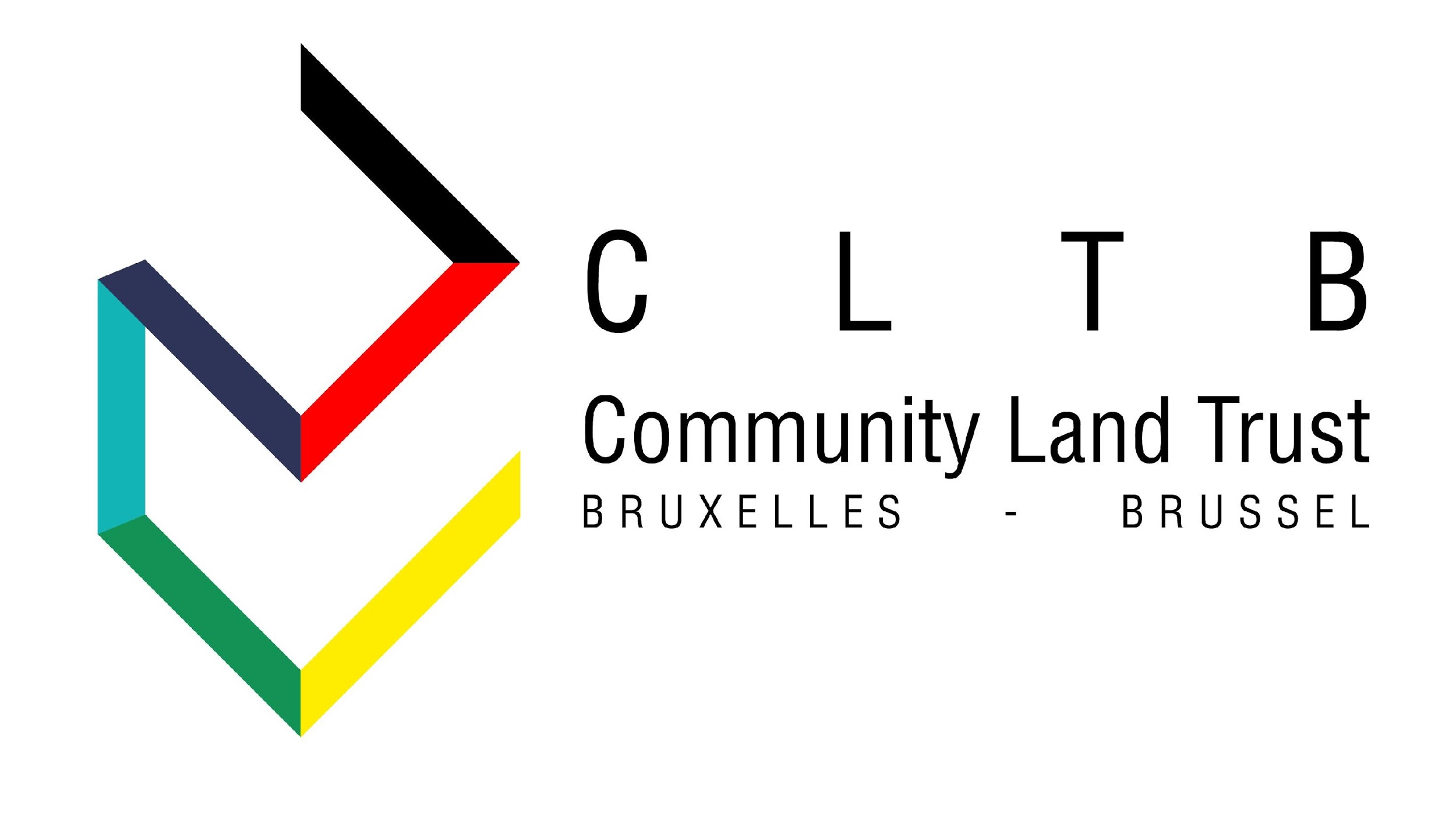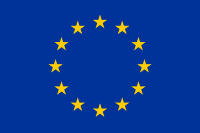gE.CO chimes in on the EU Urban Agenda
gE.CO – the exchange platform for regenerated urban voids and generative commons, is please to announce the release of a very unique tool: the generative commons map, a comprehensive database of initiatives and organizations active in the regeneration of urban voids.
The map and the results of the first fifteen months of the generative commons project, as well as the recommendations for the EU urban agenda were the pressing items discussed during the gE.CO Policy brief round table, which took place on June 30, 2020.
Download the press release below, for more information!
Background
The gE.CO Living Lab is a platform that brings together formal groups or informal communities of citizens who manage fab-lab, hubs, incubators, co-creation spaces, and social centers created in regenerated urban voids. The platform supports their efforts in re-purposing generative commons settings.
The unique collaboration between citizens helps establish a new partnership model between public institutions and local communities – setting forth new models of urban governance based on solidarity, inclusion, participation, economic and environmental sustainability. gE.Co is an H2020 project.
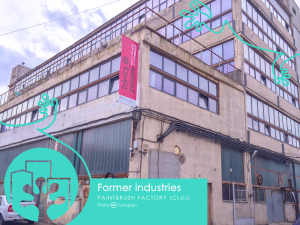
The policy brief round-table on the Urban Agenda of the European Union.
The policy round table featured a discussion on the first 15 months of the gE.CO project as well as the rise of the urban commons in Europe. Urban commons are places in which communities create solidarity services, organized around regenerated urban spaces. Communities are generally involved in this process. A number of practices were presented during the round table discussion in an effort to display how self-organization functions and how various local policies support the emergence of solidarity based urban regeneration projects.
Panelists stressed the need of exploiting policy tools that already exist, even if they do not use the expression “urban commons”.

When it comes to policies the EU plays an important role in urban regeneration, along with the numerous EU programs such as Urban Innovative Action, UrbAct. Policy tools as well as the Urban Agenda and the Leipzig Charter.5 were also discussed.
One of the important results of the round-table was that the new Leipzig Charter plays a crucial role in exhibiting the main rationale of urban commons, and that public-civic partnership is developing into becoming part of the EU patrimony. In this regard, the panel stressed that some risks should be avoided. Among these in particular are the themes of gentrification, the marginalization of communities, as well as the transformation of “urban commons” into a fashionable theme devoid of meaning and expression.
The round table stressed the importance of creating fruitful collaborations between H2020 projects and other EU programs, in order to support European municipalities in introducing alternative legal tools as well as to create original partnership between universities and civic society.
The Generative Commons digital map-
…is a comprehensive database and interactive map of initiatives and organizations active in the regeneration of urban voids. The map covers all of the European continent and pinpoints organizations and initiatives transforming urban commons into community serving centers and public services.
Were proud to announce that the interactive online mapping tool is up and running, and shines a light on over 100 organizations, with the numbers rising as the map reaches wider audiences. It is our hope that through this unique tool, generative commons and Public Administrations can finally be connected through this new network that promotes the exchange of good practices and legal solutions.
The map can be accessed via the generative commons website: https://generative-commons.eu/
The generative commons map, is a comprehensive database of initiatives and organizations active in the regeneration of urban voids. Developed by the gE.CO living Lab, the map aims to provide detailed information about initiatives and institutions regenerating urban voids.


